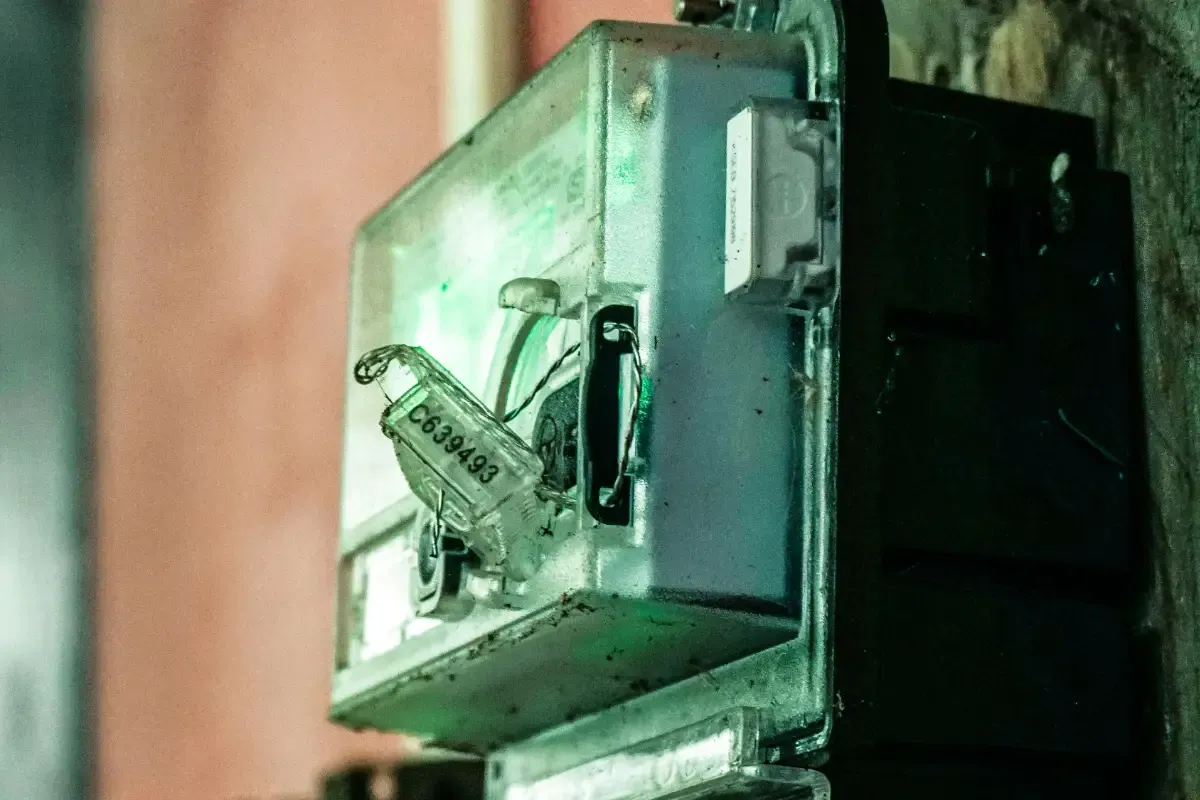Life Without an Electricity Bill

During the early 1960s, when my family lived in Blaenymaes, Swansea, a “power cut” was rarely an act of God.
In our house, a “power cut” rarely meant a fallen tree or a blown fuse. It usually meant we hadn’t paid the electricity bill, and the South Wales Electricity Board had come to cut off our supply.
Or so they thought.
The Murphy Method
Back then, the electric meter was tucked away in a cramped cupboard under the stairs. When the power was cut, my father had a system.
First, he’d break the little lead seal on the meter—the one put there to stop people tampering (which, of course, meant everyone tampered with it).
Then he’d prise the meter open and wedge a clothes peg against the spinning metal disc. Just like that, the electricity kept flowing, but the meter stopped counting.
He’d replace whatever fuse the company had removed, and—voilà—we were back in business. A small miracle, delivered by a wooden clothes peg and a bit of criminal ingenuity.
The Inevitable Complications
Naturally, they couldn’t get away with it forever. The electricity board might catch on. Or someone might report that five children were living in a house with no power in the dead of winter. That would mean a visit from Social Services—the kind of nosy attention my parents could do without.
When the bill was finally paid, or when a poor technician turned up asking awkward questions about “interference with a government-owned electricity supply,” my father would, of course, blame us kids.
I’m sure the man reconnecting us to the mains believed every word.
Coming Next
I left out the part about the rented TV for now. That's coming in the next thrilling episode: Rediffusion and How to Make Money from Rented TVs.